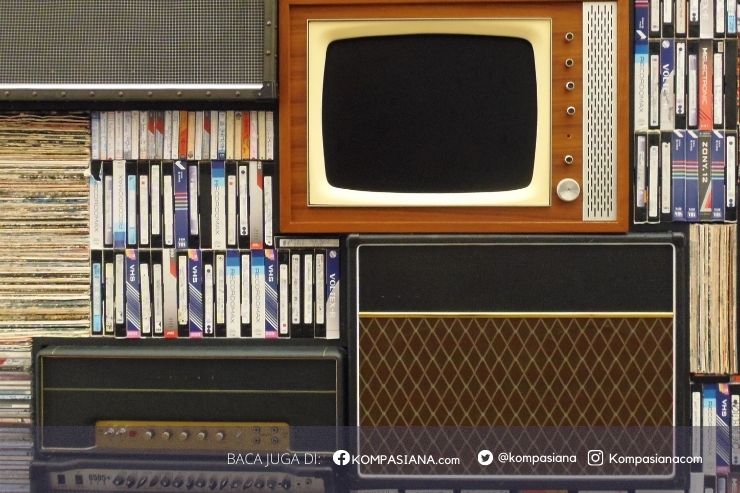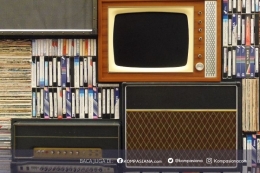India has come a long way after our Independence. Huts, bushy roofs, kutcha roads, wooden bridges etc have taken the back door. The newer and modernized technology have rightly replaced India’s infrastructure. The use of some of the most common construction materials, such as masonry and concrete, has increased, not only for housing but also for infrastructure.
“As the emphasis on sustainability increases and more pressure is applied on governments, we’ll see a shift towards the reduction in use of some raw materials common in construction chemicals,” says Colin Gouveia, commercial director, Dow Construction Chemicals, North America.
With 14.5% year-on-year growth, the construction chemicals industry in India outpaces the growth of the national cement industry by 5%, and yet the construction chemicals industry is worth much less than it should be. If, in the building of structures in India, construction chemicals were used together with cement in the same ratios as they are in developed countries such as the United States, it is estimated our industry would be worth `9,000 crores annually rather than `1,800 crores.
There is an increased emphasis on high quality construction requiring detailed designing, good workmanship and the selection of appropriate building materials. Consequently, therefore the demand for construction chemicals for renovation or building of these new and existing buildings has been on the rise in the short term.
With a view to enhance the service to the infrastructure sector, a US based silicone company, Dow Corning has launched several products with the latest one to come on floor is ‘Dow Corning 991’. The silicone is a high performance sealant which is designed for weather sealing distinctive building exteriors of granite, limestone, marble to create landmarks of modern design.
Waterproofing compound
Waterproofing compounds are another ailing solution to walls, floors, roofs, roads and bridges. It is a cold applied, solvent free, 100% solids, single component, waterproofing compound that cures by exposure to the atmospheric and or substrate moisture to form a continuous, tough, reinforced elastic waterproof seal.
Epoxy Flooring, Epoxy Coating, and General waterproofing form the types of waterproofing solutions provided during leakages. Epoxy is a two-part polymer which is formed by combining an epoxide resin with a polyamine hardener. When the two are mixed an epoxy resin is formed. Epoxy is used to seal, protect, and harden concrete floors, as well as other surfaces such as floorboards, as it has the tendency to become hard upon mixing and forms a rigid yet glossy appearing surface. The resistance of epoxy flooring to mold, fungal and bacterial attack is excellent.
Without appropriate technical guidance, speciality chemicals fail to perform upto the set benchmark. Inappropriate use or wrong application of construction chemicals, can lead to harrowing and dreadful problems such as leakages, cracking and weakening of structures etc.
The problem of water seepage in almost every household has helped in creating awareness of the waterproofing solutions offered by construction chemicals manufacturers, thus giving a boost to the waterproofing products in the market. The mixing compositions of the waterproofing products vary from product to product. We offer 2 types of waterproofing products, namely, single component and 2 components. The single component is the 100% acrylic waterproof coating (Blac Waterproofer) and Isoguard-WP (Single component polymer modified coating) and the 2 components are the cementations coatings for bathroom and tank waterproofing respectively.
PHYSICAL PROPERTY TYPICAL VALUE TEST METHOD Solids content By weight: 100% (ASTM D-1644) Solids content By colume: 100% (ASTM D-2697) Tensile strength: 95 psi (ASTM D-2370) Elongation: 350% (ASTM D-2370) Water vapor Transmission 0.06 perm inches (ASTM E-96) Shore a hardness 60-64 (ASTM D-2240)




